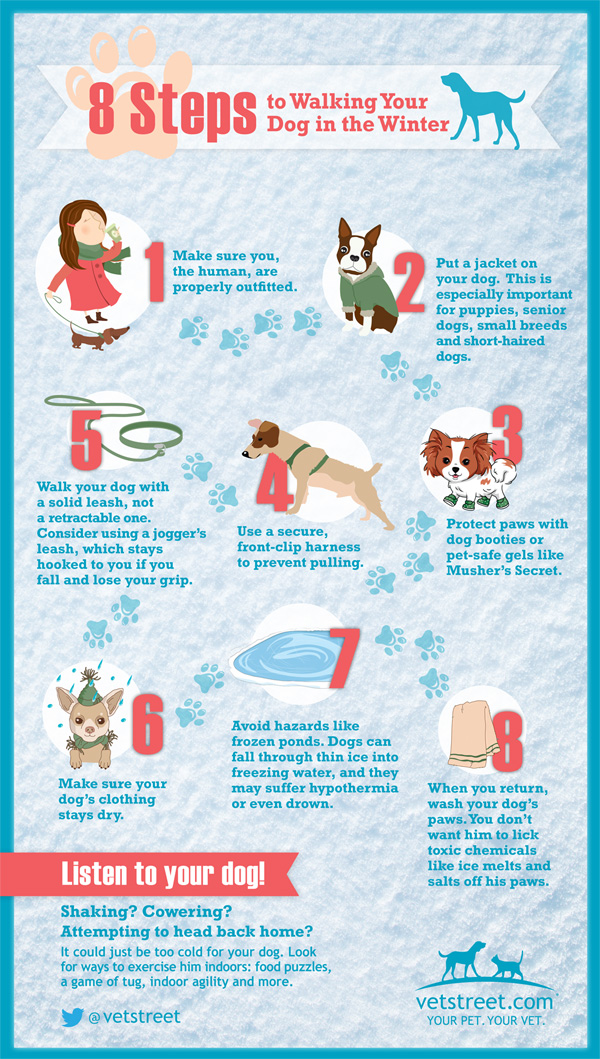Importance Of Rest In Dog Daycare
Importance Of Rest In Dog Daycare
Blog Article
Can Pet Dog Day Care Cause Ailment?
Pets in day care receive lots of workout, socialization with other pets and special experiences. This can be especially helpful for pups and pet dogs with behavioral concerns.
There are a number of lawful factors to consider you require to take into account when starting a doggy day care company. These consist of the framework of your service and conformity with federal government laws.
1. Pooch Distemper
Canine distemper is spread through direct contact with the bodily fluids and waste of an infected pet dog, however it can additionally be sent using common water and food bowls or via airborne droplets. This highly contagious disease is most harmful for puppies, however it can affect canines of any type of age and is deadly for a lot of if left without treatment.
First signs and symptoms of canine distemper usually mimic a common cold, including runny eyes and nose with watery or pus-like discharge. As the disease progresses, a canine will develop fever, coughing, decreased hunger, vomiting and diarrhea. The virus can also strike the nerves, causing seizures, shivering and partial or full paralysis.
Reputable childcares lower direct exposure to infection by calling for inoculations, routine health examinations and comply with strict hygiene methods. If your dog appears excessively worn out or limping, a day of rest may aid him recoup, yet you ought to prevent taking him back to daycare until these signs and symptoms improve.
2. Kennel Cough
Kennel cough, also known as transmittable canine tracheobronchitis or Bordetella, is a very transmittable viral or bacterial disease that influences the respiratory system tract. It's typically moved via the exchange of saliva or air droplets that an ill canine exhales. Social pets go to higher risk for infection as a result of their regular interaction with one another, such as when they play, share food or water, sniff each other or just satisfy in a crowded setting like a pet park or day care.
The most usual signs and symptom of kennel cough is a persistent and forceful coughing that seems like something stuck in the throat or retching. Often, pets will cough up foamy white phlegm. If left without treatment, a canine can create pneumonia and go to major risk permanently.
A respectable daycare center ought to have strict cleansing and cleanliness procedures, disinfect all toys, food and water bowls regularly, and be open concerning their inoculation policies. Maintaining your pet dog up to day on their vaccinations, specifically for bordetella and canine flu, will significantly reduce their opportunities of acquiring the illness.
3. Parvovirus
Canine parvovirus, or parvo, is a very infectious viral illness that can be harmful for young puppies and young adult pet dogs with bad body immune systems. It's most frequently spread by straight contact with contaminated pet feces-- which can occur when canines smell, lick, or taste contaminated feces-- and indirectly from polluted people, things, or environments (like kennels, brushing spaces and lawns). Young puppies and dogs without full vaccination backgrounds are particularly susceptible to parvo.
The virus is extremely resistant, surviving in the setting for up to 9 years, and can quickly be moved between pets by get in touch with via feces or on shoes, apparel, and bed linen infected with parvovirus. If not dealt with right away with IV liquids, electrolyte balance, throwing up control medicines and anti-biotics to avoid second bacterial infections, a pet will quickly dry out and establish extreme diarrhea, which causes shock and blood poisoning. Parvo is challenging to heal once a dog has dog boarding for aggressive dogs near me become ill, but with appropriate veterinary care, many puppies do endure this illness.
4. Dog Flu
Canine influenza virus is very contagious and spreads via direct get in touch with, sharing food and water bowls, licking or nuzzling various other canines, via air-borne droplets, and with contaminated surfaces. Inoculation is effective in minimizing the threat of infection and outbreaks.
A lot of affected canines create a mild breathing infection with a coughing that lasts 1-3 weeks. They may additionally have nasal and ocular discharge, sneezing, and sleepiness. Several of the most severe cases lead to pneumonia and a high fever.
If your dog displays any one of these signs, do not bring them back to childcare until they are healthy and balanced. If your pet is showing indications of severe exhaustion or limping, speak to your veterinarian immediately and ensure they get on healthiness supplements to help develop their resistance. A vet will assess your canine for signs and symptoms of the influenza by taking a sample from the nose or throat, and blood tests can be done to verify.